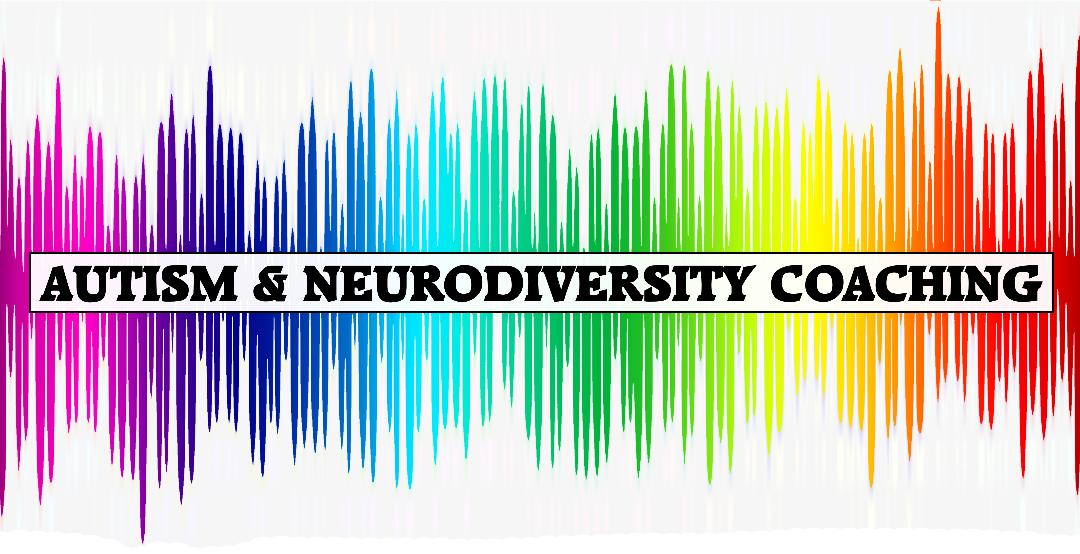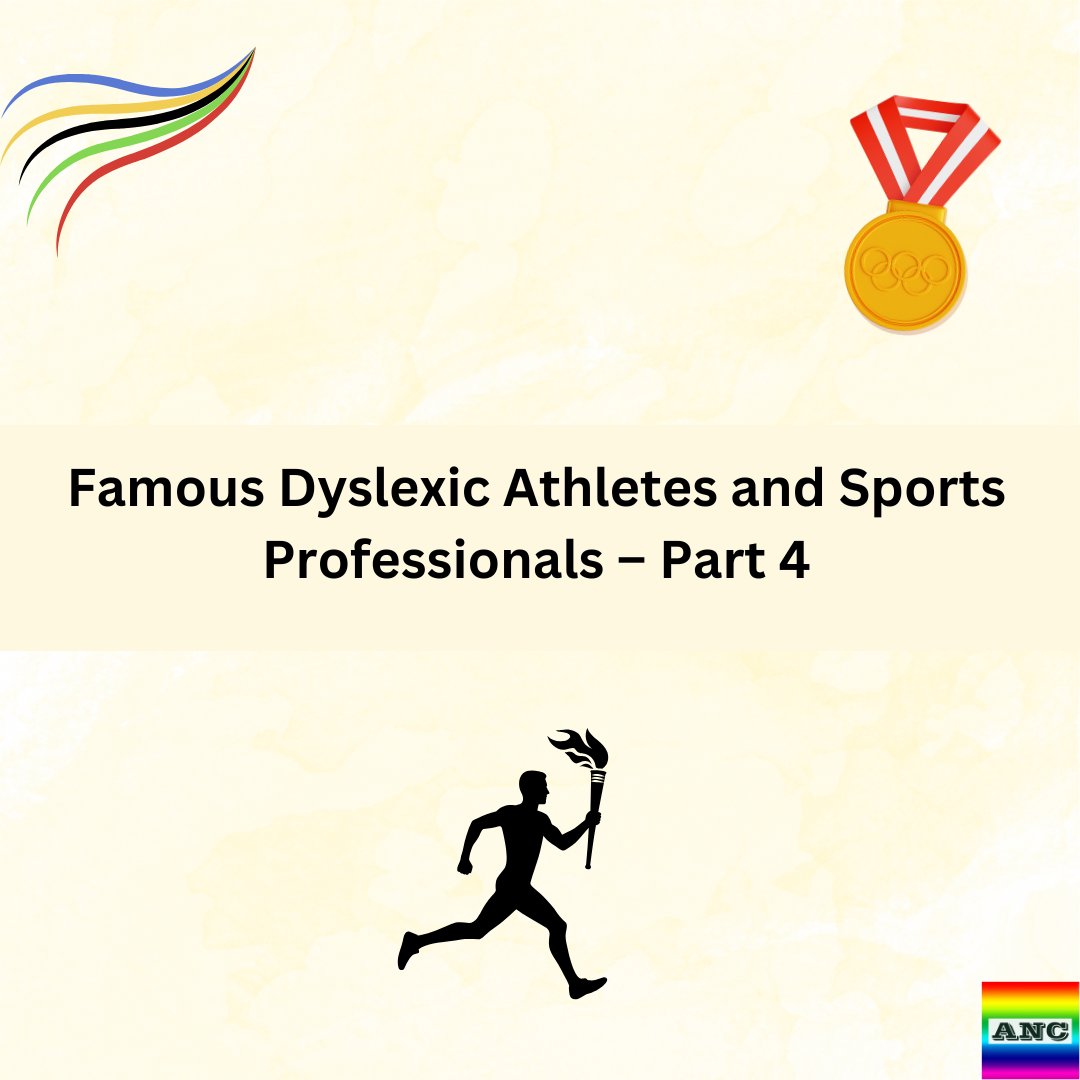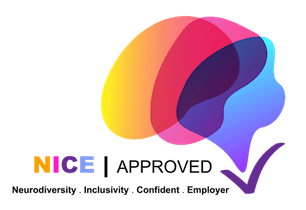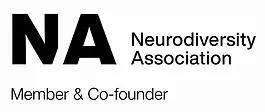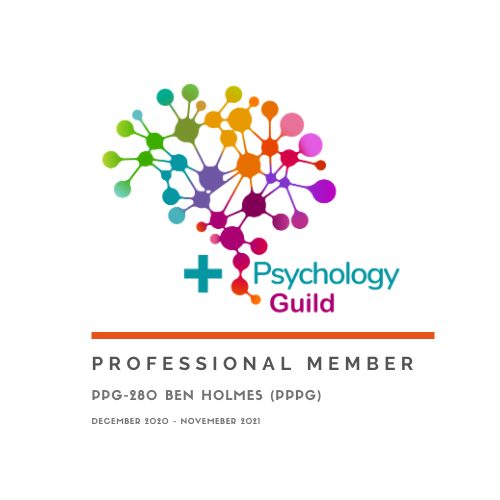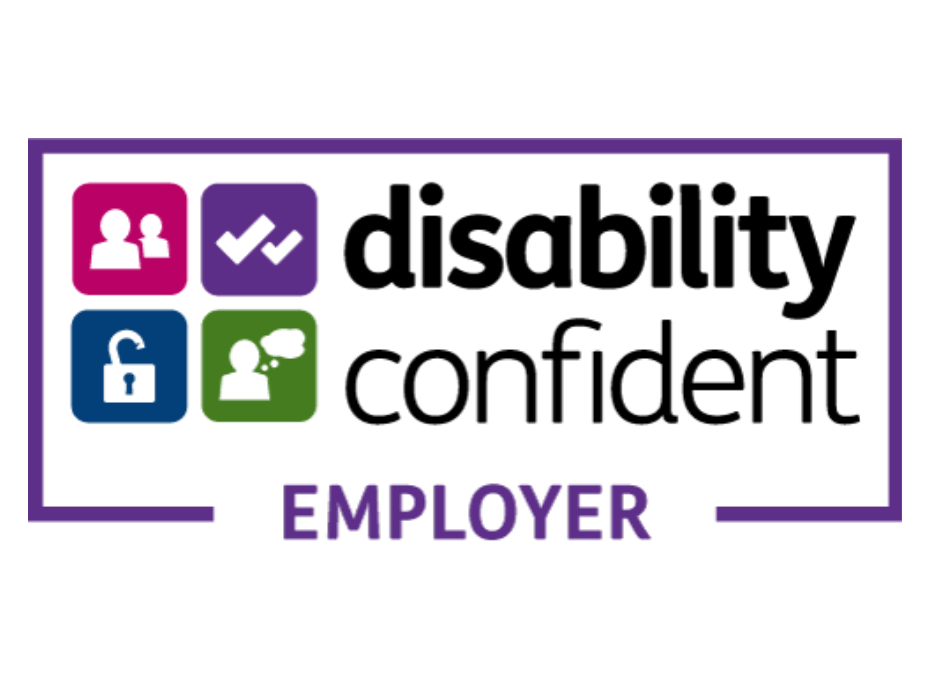Strategies for Overcoming Reading Challenges

Despite the challenges, there are many strategies and tools that can help people with dyslexia improve their reading skills and confidence.
1. Multisensory Learning: This approach involves using multiple senses to reinforce learning. For example, students might use sandpaper letters to trace words, combining the tactile experience with visual and auditory learning.
2. Phonics-Based Instruction: Phonics focuses on the relationship between letters and sounds, helping individuals break down words into smaller, more manageable parts. This method is particularly effective for people with dyslexia.
3. Assistive Technology: There are many tools available today that can assist with reading and writing. Text-to-speech software, audiobooks, and apps that highlight text as it's read aloud can make reading more accessible.
4. Personalized Learning Plans: Each person with dyslexia is unique, so a one-size-fits-all approach doesn't work. Individualized education plans (IEPs) in schools, or tailored strategies for adults, can help address specific areas of difficulty.
5. Building a Supportive Environment: Encouragement and understanding from teachers, parents, and peers are crucial. A supportive environment can make a significant difference in a person’s confidence and willingness to engage with reading.
The Gift of Dyslexia
While dyslexia presents challenges, it also comes with unique strengths. Many people with dyslexia are highly creative and excel in areas like art, music, engineering, and entrepreneurship. Their ability to think differently can lead to innovative solutions and fresh perspectives.
Famous individuals with dyslexia include Richard Branson, founder of Virgin Group, and renowned filmmaker Steven Spielberg. Their success stories highlight that dyslexia is not a barrier to achievement but rather a different way of thinking that can lead to extraordinary accomplishments.
Conclusion
Dyslexia is a lifelong condition, but with the right tools and support, individuals with dyslexia can overcome reading challenges and unlock their full potential. Understanding dyslexia, embracing different learning strategies, and fostering a supportive environment are key steps in helping people with dyslexia thrive.
In a world that often emphasizes traditional reading and writing skills, it's important to remember that there are many ways to learn and succeed. For those with dyslexia, the journey might be different, but it can be just as rewarding, filled with unique strengths and perspectives that enrich our world.

